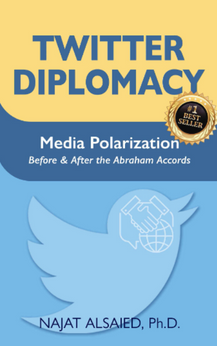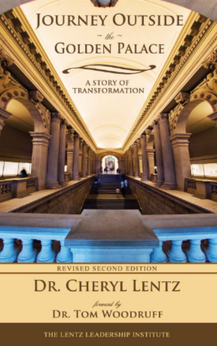Description
Twitter Diplomacy: Media Polarization Before and After the Abraham Accords offers new insights into the role Emirati and Saudi Twitter Diplomacy can play in influencing a heavily-polarized media in the United States of America and the United Kingdom of Great Britain. It is a journey into how the polarization of both the liberal and right-wing media in the US and the UK is reflected in coverage of US and UK foreign policy priorities in the Middle East. Exemplified by their approach to the Qatar diplomatic crisis, the war in Yemen, Iran and the Muslim Brotherhood, a polarized American and British media has worked against the interests of the United Arab Emirates and the Kingdom of Saudi Arabia.
This journey explores how Twitter diplomacy is insufficient, when used in isolation, to counter the political polarization and bias of the American and British media – additional public diplomacy tools and soft power are also required. The historic Abraham Accords is one such public diplomacy tool that can help debunk the destructive narratives, bias and disinformation pedaled by American and British mainstream media by way of a media alliance among Abraham Accords countries. This alliance will also help to establish independent successful media outlets that offer quality news coverage.






Reviews
There are no reviews yet.